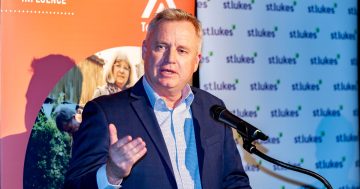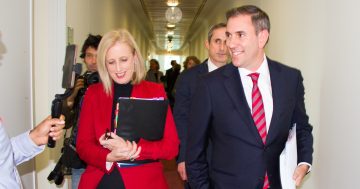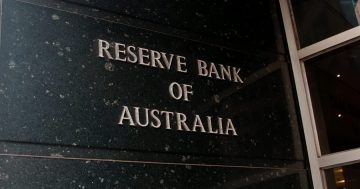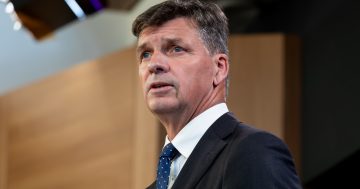 United Kingdom Chancellor of the Exchequer, Rishi Sunak is expected to target the country’s Public Service as he seeks to ease the worst labour shortages in the country’s recent history and keep a lid on inflation.
United Kingdom Chancellor of the Exchequer, Rishi Sunak is expected to target the country’s Public Service as he seeks to ease the worst labour shortages in the country’s recent history and keep a lid on inflation.
The Treasury and the Bank of England have identified the surge in Government employment during the COVID-19 pandemic as a cause of Britain’s tightest jobs market in decades and Mr Sunak (pictured) has already made a commitment to cut the public sector headcount.
Director of the Institute for Employment Studies, Tony Wilson said public sector employment was contributing to the scarcity of workers, so there was a case for trying to support a transition of workers to the private sector.
“After all, there has never been a better time to look for another job,” Mr Wilson said.
Between December 2019 and December 2021 Government employment increased by 243,000 to an 11-year high of 5.53 million, according to the Office for National Statistics.
That has pushed up the public sector wage bill by 20 per cent in two years to £165 billion ($A292 billion).
It has also contributed to acute staff shortages in the private sector, forcing companies to pay more for new hires.
Mr Sunak has already won a battle within the Government to slash the National Health Service’s COVID-19 test-and-trace budget, which employs thousands of contractors.
That came after Minister for Brexit Opportunities and Government Reform, Jacob Rees-Mogg called for 65,000 public sector jobs to be cut.
Cutting the Government payroll would produce immediate financial benefits for Mr Sunak, who is looking for ways to redirect money to those hit by the cost-of-living crisis, while dealing with an extra £20 billion ($A35.4 billion) needed to service the national debt due to higher interest rates and inflation.
London, 20 March 2022











